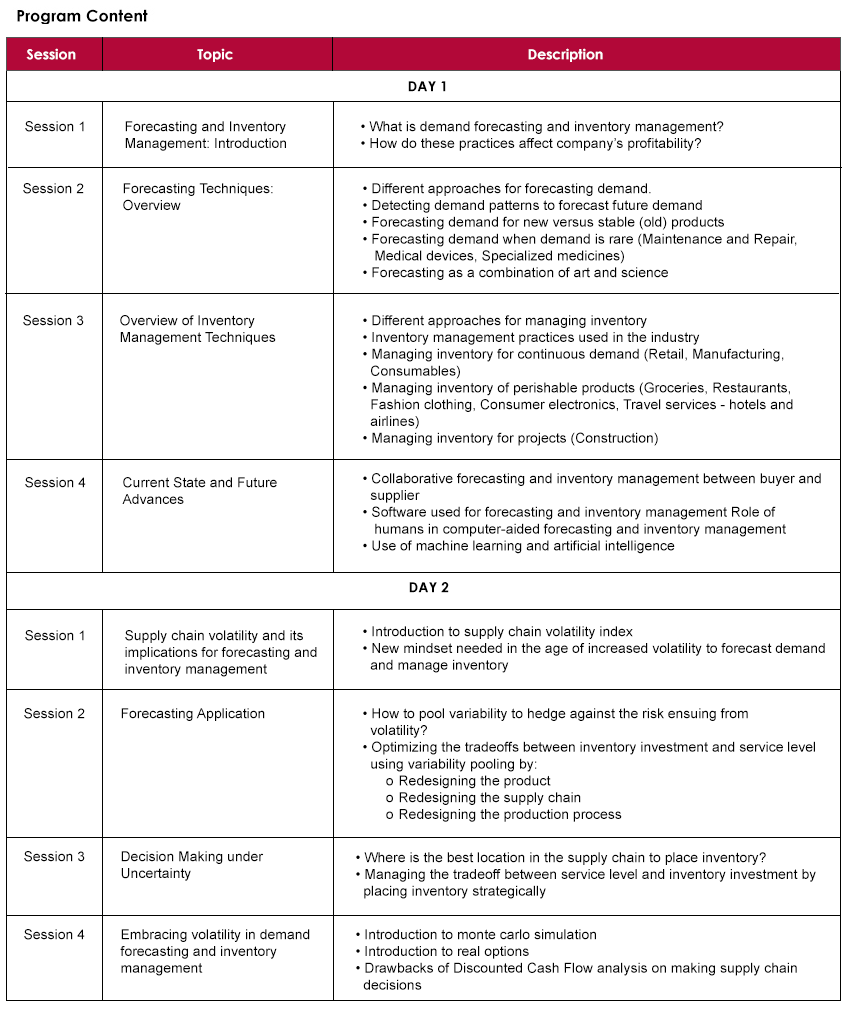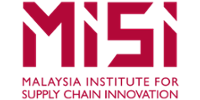Introduction
Forecasting and inventory management are two crucial logistics activities that affect a company's profitability and ability to remain competitive in the long run. Effective management of these processes ensures that the company will have the right product available at the right place and time in the right amount to satisfy the needs of its customers. Ability to forecast demand more accurately and manage inventory more cost effectively to meet the demand allows a company to provide superior customer service than its competitors and grow its revenue. On the other hand, poor forecasting and inventory management can diminish a company's reputation to be a reliable partner. This is valid for the business whose "customer" is the end consumer (such as retail, restaurants, etc.) as well as for companies whose customers are other companies (such as raw material suppliers, component manufacturers, maintenance and repair organizations maintaining service parts, etc.). The present course introduces the participants to the practice of forecasting and inventory management and provides a broad overview of various tools used in the industry for this exercise. This is an introductory course in forecasting and inventory management that uses case studies and qualitative analysis. The course does not cover any analytical models of forecasting or inventory management in detail (these topics are covered in an advanced course).
Objectives
After completing the course, the students will have a better understanding of the following:
- What are the challenges in forecasting demand for different products? How do poor forecasts affect a company's profitability?
- What are some fundamental approaches for forecasting demand?
- What are the challenges in managing inventory of different types of products?
- How do forecasting and inventory management relate to and complement each other?
- What are different approaches for managing inventory for different types of businesses?
Program Benefits: By answering the above questions, the participants will be able to explain how their companies can increase their profitability through effective forecasting and inventory management.
Pedagogy
The course uses case studies and vignettes describing the practice of forecasting and inventory management practices in the industry. Instructors will help the students explore the fundamental ideas through qualitative case discussions.
Expected Profile of Participants
This program is best suited for individuals with some understanding of the business as well as issues related to demand uncertainty, product availability, etc.
The program is likely to benefit owners and CEOs of SMEs in retail, manufacturing, and maintenance services sectors; managers and executives in supply chain and logistics functions at small, medium, and large companies; analysts and associates with business mindset and interest in logistics; and individuals seeking to create entrepreneurial ventures using supply chain management.
The program is broadly applicable to several industries including (but not limited to) oil & gas, discrete and continuous manufacturing (chemicals, electronics, apparel, consumables, etc.), retail, telecommunications, banking, construction, restaurants and catering, etc.



